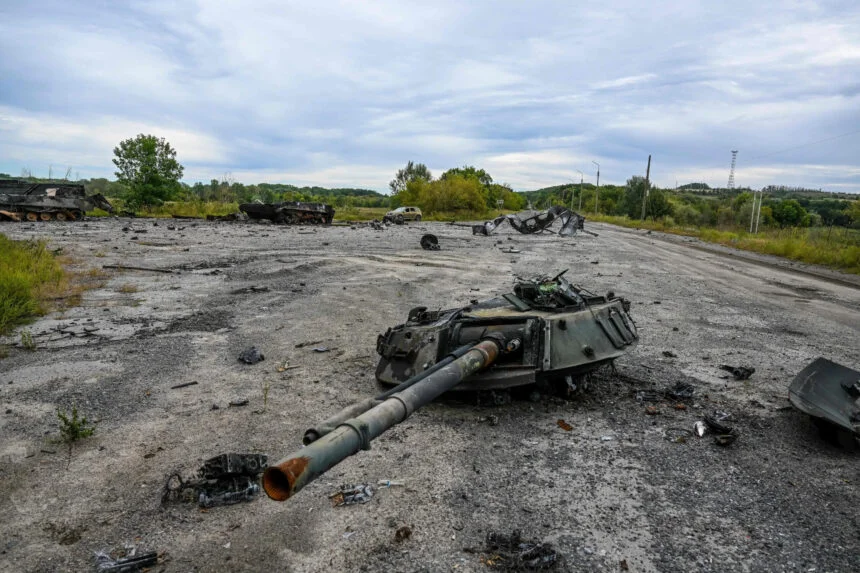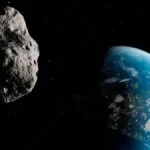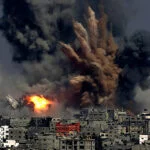Exactly one week ago, a prominent Russian politician and confidant of President Vladimir Putin issued a grave warning about how Moscow may react in the event of a perceived military defeat in Ukraine.
Dmitry Medvedev, a former president of Russia who is now the deputy chairman of the Security Council, stated in a message on the Telegram messaging app that “the defeat of a nuclear power in a conventional war can trigger a nuclear war.”
To give its soldiers the firepower to breach Russian defensive positions and retake occupied territory in Ukraine’s south and east, Kyiv has been looking for hundreds of modern tanks. T-72 tanks from the Soviet era have largely been used by Russia and Ukraine.
Russia, which started the war by invading Ukraine on February 24 of last year, has emphasised NATO’s involvement in the fight more and more.
The delivery of weaponry by NATO, according to Sergey Karaganov, a former adviser to Russian President Vladimir Putin, might lead to possible military retribution against the nations providing them.
German Galushchenko, the energy minister for Ukraine, claimed that Russia was attempting to “produce a systemic collapse in the country’s energy infrastructure.” He also confirmed that “emergency shutdowns have been introduced,” with the capital, the area surrounding Vinnytsia, and the area close to the port city of Odesa experiencing the greatest effects.
According to the local power provider, the situation near the Black Sea port “may last for several days until the damaged power facilities are restored.”
According to sources familiar with the news, the historic core of Odesa was placed on UNESCO’s list of vulnerable cities on Wednesday at the request of Ukrainian President Volodymyr Zelenskyy.
Odesa, a “free city, a world metropolis, and a legendary port,” according to UNESCO Director General Audrey Azoulay, is now under “enhanced protection” as the U.N. will now ensure that any damage caused to centre Odesa during Russia’s assault on Ukraine is repaired. Russia first attempted to stop the UNESCO designation before criticising it.












